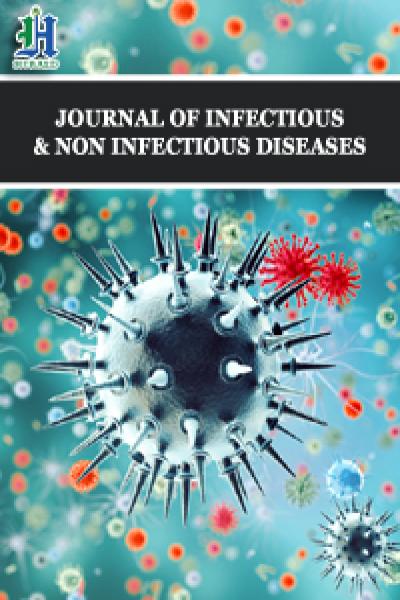
Chronic respiratory diseases
Chronic respiratory diseases (CRDs) are long-term conditions that affect the lungs and airways, leading to difficulty in breathing. The most common CRDs include Chronic Obstructive Pulmonary Disease (COPD), asthma, pulmonary fibrosis, and cystic fibrosis. COPD, primarily caused by smoking or environmental pollution, leads to airflow limitation and includes emphysema and chronic bronchitis. Asthma is characterized by reversible airway inflammation, often triggered by allergens or irritants.
Pulmonary fibrosis involves scarring of lung tissue, which impairs oxygen transfer, and cystic fibrosis is a genetic disorder that causes thick, sticky mucus accumulation, leading to severe lung infections. Symptoms of CRDs include chronic cough, wheezing, shortness of breath, and fatigue. Management involves bronchodilators, corticosteroids, pulmonary rehabilitation, and lifestyle changes like smoking cessation. Early diagnosis and intervention are key to improving quality of life and preventing progression. CRDs are a major global health concern, contributing significantly to morbidity and mortality.

